
Emily Judd, Al Arabiya English
On Thursday the UAE and Israel announced a historic peace deal to normalize relations between the countries, in exchange for the Israeli government halting its annexation of Palestinian land.
The bilateral agreements set to be signed address a wide range of topics such as direct flights, telecommunications, the establishment of reciprocal embassies, and healthcare.
Here is a timeline of the major events that paved the way to diplomatic relations:
November 2018: Israeli anthem played at Abu Dhabi sports tournament
During a judo tournament held in Abu Dhabi’s Grand Slam stadium, Israel’s national anthem rung out after Israeli athlete Sagi Muki won the gold medal in the competition.
Israeli Sports Minister Miri Regev, who was in attendance, cried and sang along. She became the first Israeli minister to attend a sports event in the Gulf.
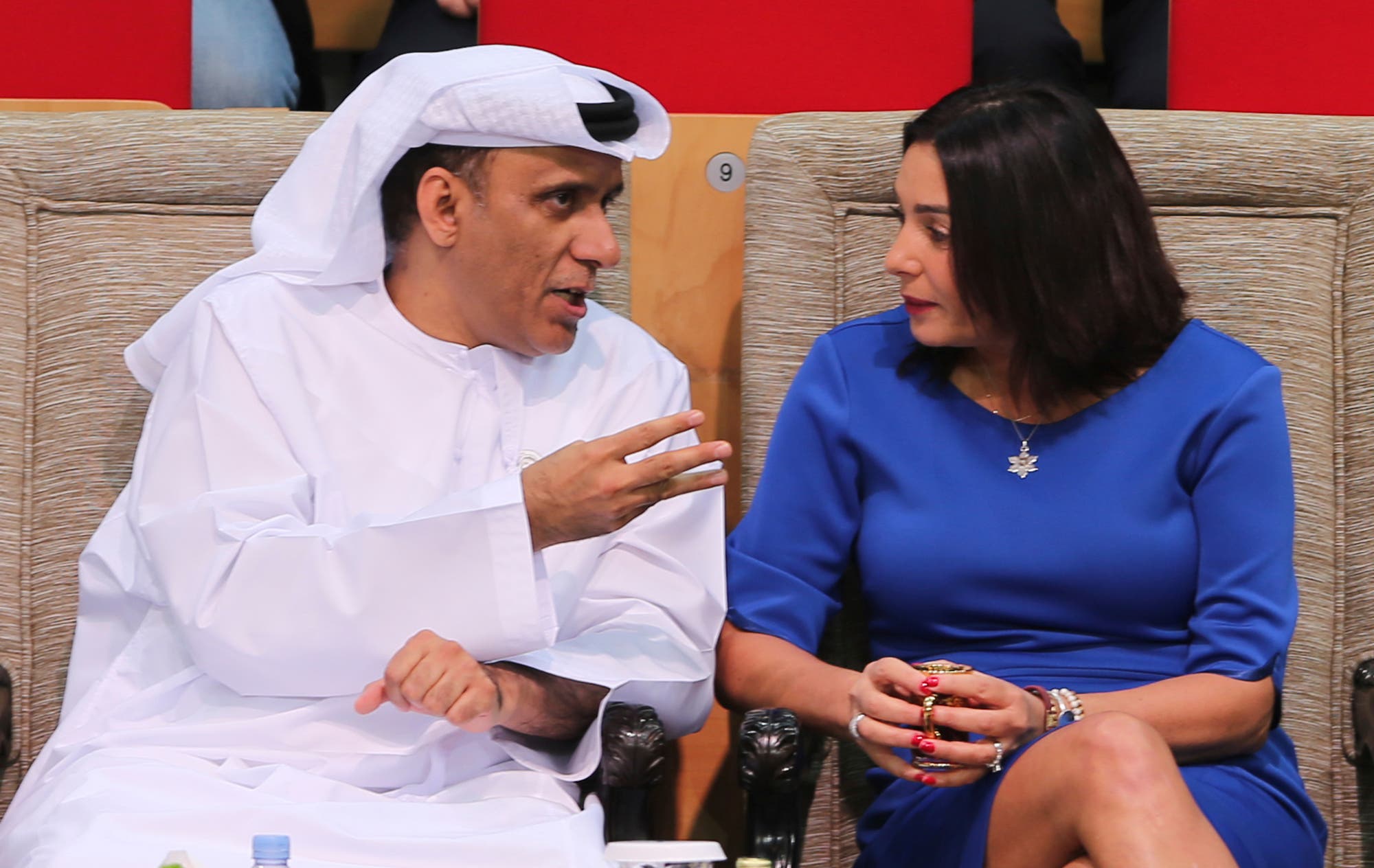
Then-Israeli Culture and Sport Minister Miri Regev, right, talks to Mohamed Bin Tha'loob Al Derai, President of UAE Wrestling Judo & Kickboxing Federation during the Abu Dhabi Grand Slam Judo tournament in Abu Dhabi, United Arab Emirates on Oct. 27, 2018. (AP)
She also visited the Sheikh Zayed Grand Mosque in Abu Dhabi.
February 2019: UAE launches Year of Tolerance
Last year marked the Year of Tolerance for the UAE, which included the first visit by Pope Francis to the Arabian Peninsula, as well as prominent interfaith meetings that included Jewish rabbis from around the world.
It was the UAE’s Year of Tolerance in 2019 that really “set the country’s public interfaith initiatives in motion,” said American Rabbi Marc Schneier, who participated in Year of Tolerance events.
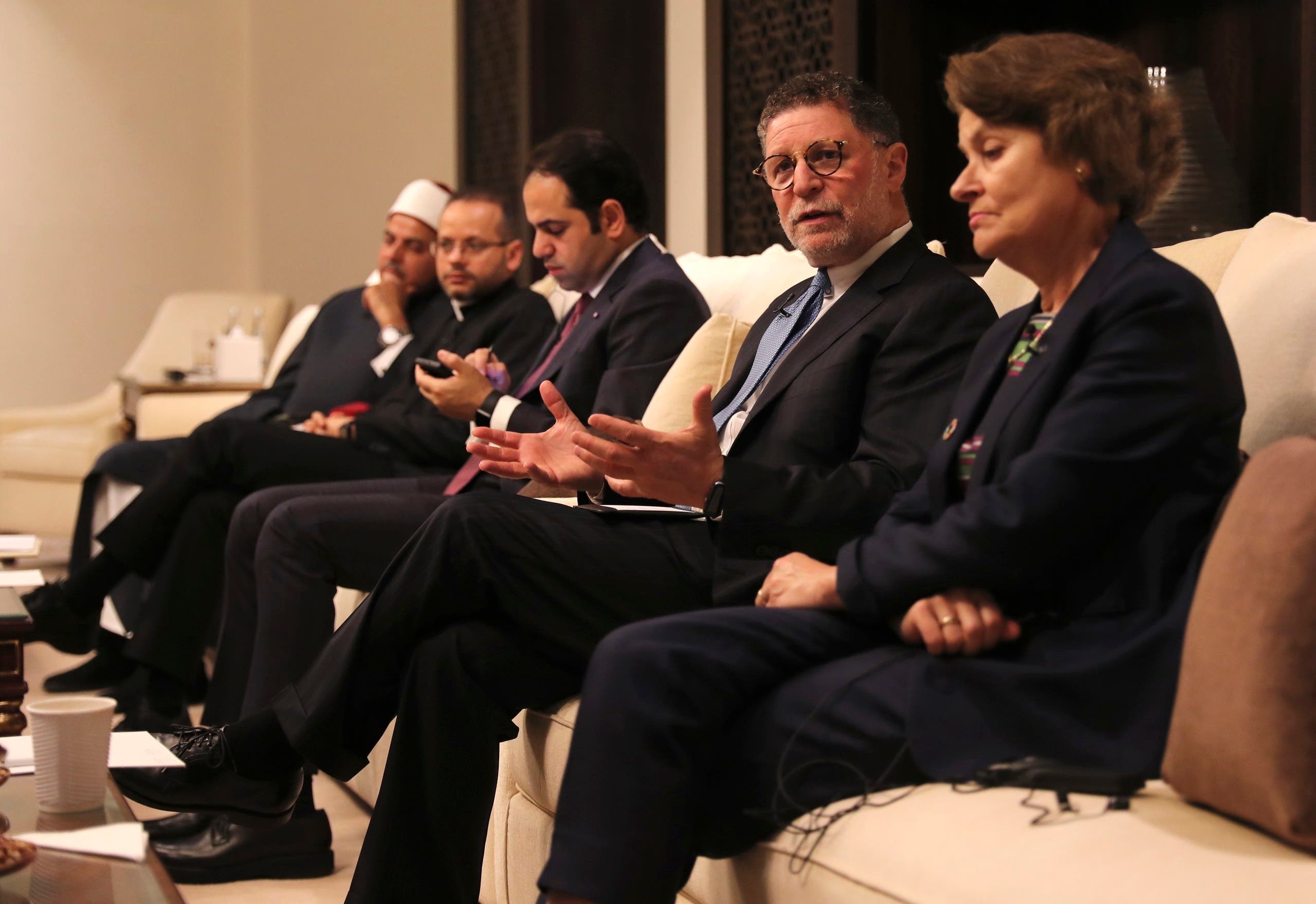
Senior Rabbi at the Washington Hebrew Congregation Bruce Lustig speaks to journalists, next to leaders of different faiths, in Abu Dhabi, United Arab Emirates on Feb. 3, 2020. (AP)
As part of the initiative, the UAE announced the construction of an interfaith complex in the capital Abu Dhabi that will house a Jewish synagogue, a Christian church, and an Islamic mosque.
The initiative inspired Jewish resident of the UAE Elli Kriel to launch the Gulf region’s first kosher eatery.
May 2019: First Chief Rabbi of the Emirates appointed
Last May, Rabbi Yehuda Sarna, a chaplain at New York University, was appointed by the Jewish Community of the Emirates as its first Chief Rabbi.
The community is the first new Jewish community to be established on the Arabian Peninsula in centuries.
Sarna told Al Arabiya English that the country welcomed the establishment of the Jewish community.
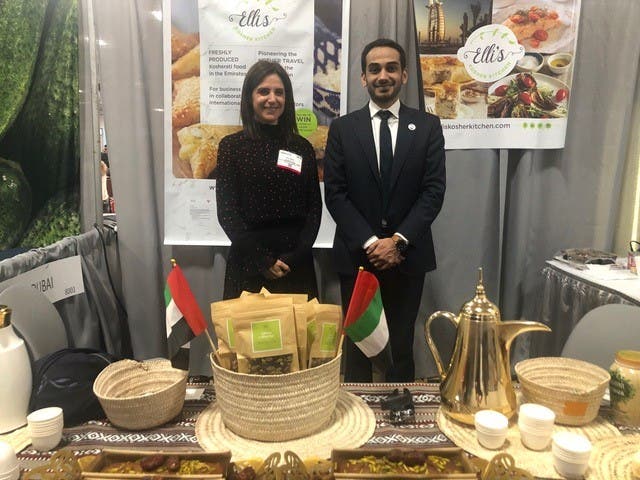
Elli Kriel at Kosher Fest 2019 in New Jersey with UAE Consul General to NY His Excellency Abdalla Shaheen. (Courtesy: Elli Kriel)
“Its commitment to tolerance is real, not only in word but also in deed,” said Sarna.
December 2019: Israel confirms participation in Dubai’s Expo 2020
Despite not having diplomatic relations, the UAE announced in December that it would allow Israelis to enter the country for the 2020 World Expo in Dubai.
Earlier in April, Israel confirmed it would participate in the world fair, which is now set to take place next year in Dubai after it was delayed a year due to the coronavirus pandemic.

A woman walks past the logo of the Expo 2020 in Dubai, United Arab Emirates. (Reuters)
May 2020: UAE’s Etihad carries coronavirus aid to Palestinians via Israel
In May and June, Abu Dhabi’s Etihad Airways announced it had operated two cargo flights carrying medical aid for the coronavirus to be delivered to the Palestinians via Israel.
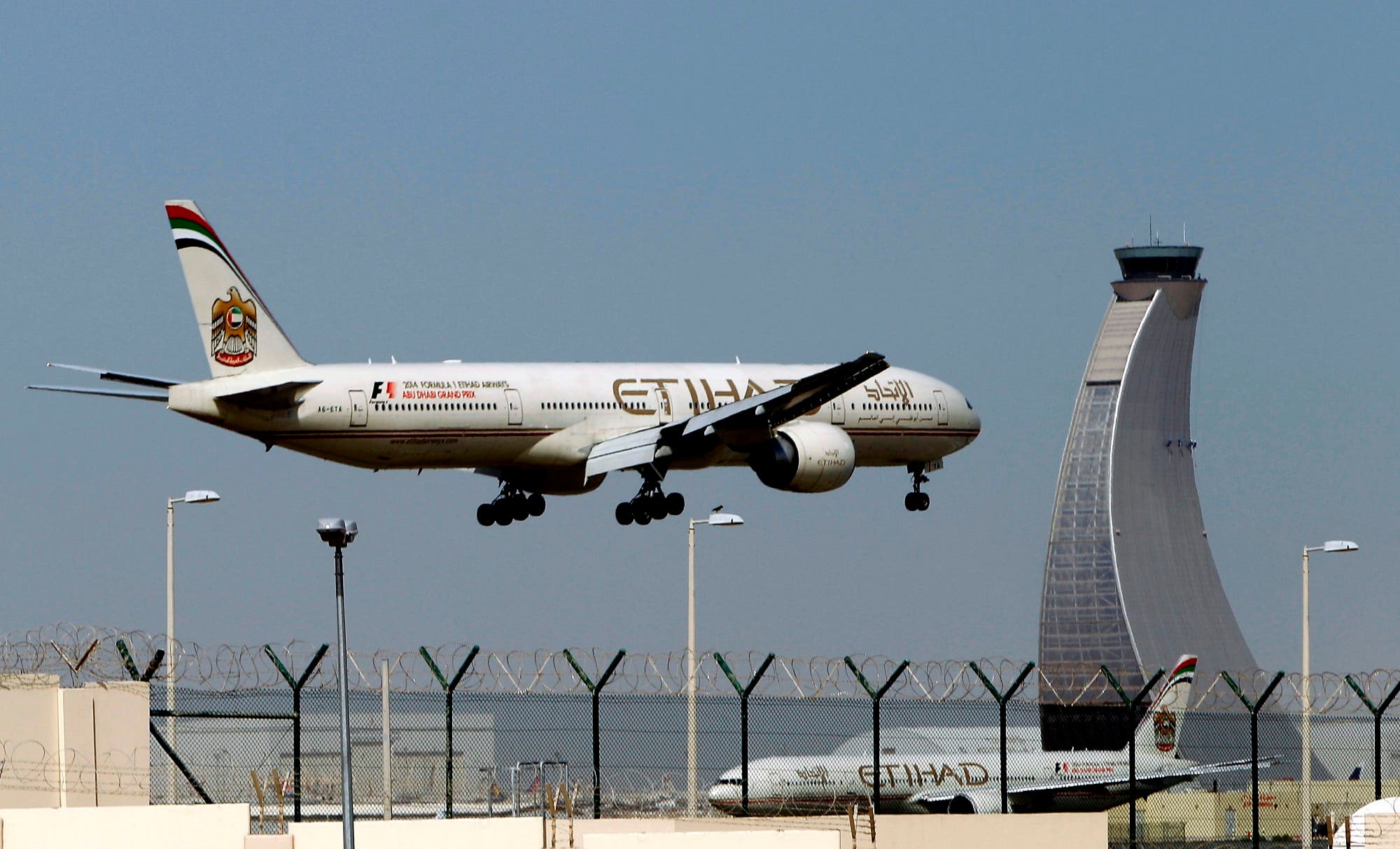
An Etihad Airways plane prepares to land at the Abu Dhabi airport on May 4, 2014. (AP)
The plane arrived at Ben Gurion airport in Tel Aviv.
June 2020: UAE Ambassador publishes op-ed in Israeli newspaper
On June 12, UAE Ambassador to the US Youssef Al Otaiba published an op-ed in Israel’s top newspaper, warning against annexing Palestinian land in the occupied West Bank.
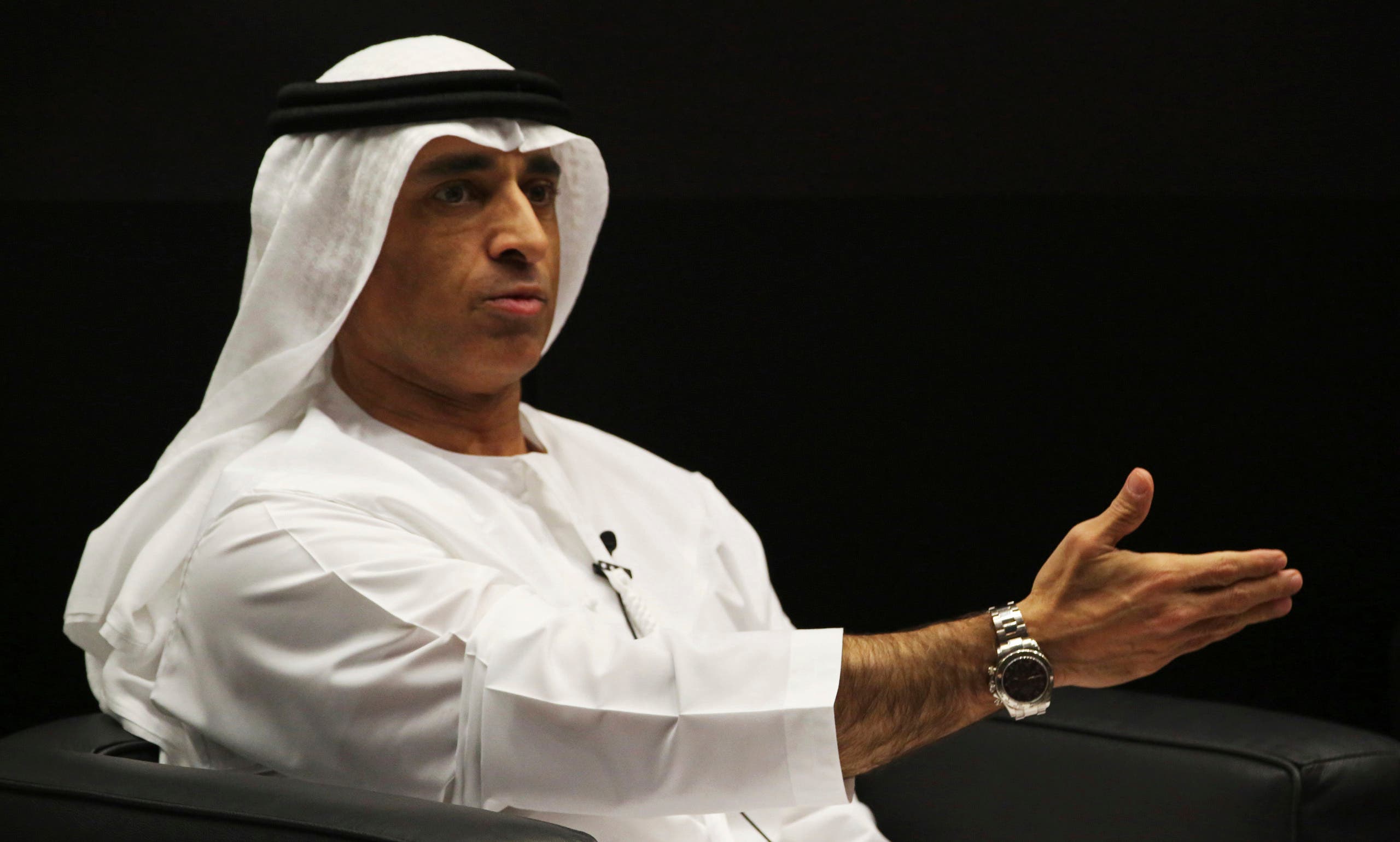
Emirati Ambassador to the US Yousef al-Otaiba gestures during an event in Abu Dhabi, United Arab Emirates on Jan. 25, 2018. (AP)
The op-ed, published in Hebrew, was a rare appeal from an Arab official to the Israeli public, according to Reuters.
June 2020: UAE’s FM Gargash speaks to American Jewish Committee
On June 16, UAE Minister of State for Foreign Affairs Dr. Anwar Gargash told the leading US Jewish organization, the American Jewish Committee, that the UAE was “clearly against any annexation as being proposed by the current Israeli government.”
Gargash mentioned the possibility of collaboration between the UAE and Israel on COVID-19.
“I think we can come to a point…[where] we say we disagree with you on this…but at the same time there are areas such as COVID, technology, and other things that we can actually work together on,” said Gargash.
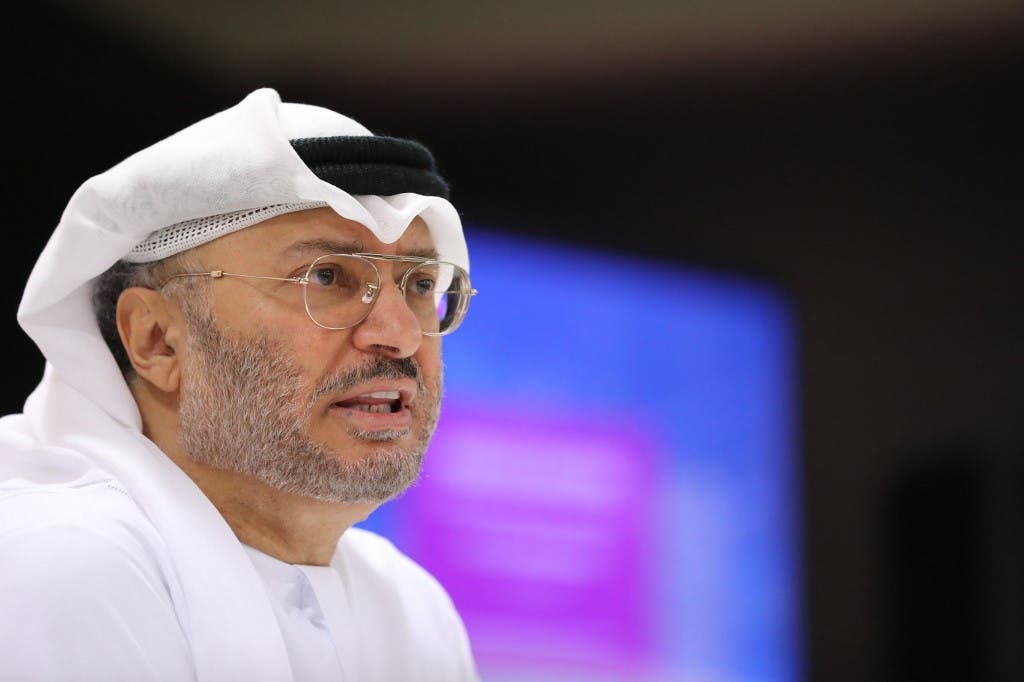
UAE Foreign Minister Dr. Anwar Gargash during a press conference in Dubai on June 18, 2018. (AFP)
He also addressed the UAE’s aid sent to the Palestinians via Israel.
“We have no relationship with Israel, but we have recognized that this is an area where we need to cooperate together because this is one that does touch human beings,” said Gargash.
June 2020: UAE and Israel announce COVID-19 collaboration
The UAE announced on June 25 that two Emirati private companies would collaborate with two Israeli companies on a COVID-19 initiative.
“This scientific and medical agreement forms part of constructive cooperation aimed at addressing the COVID-19 pandemic to safeguard the health of the region's peoples,” the statement carried by state news agency WAM said.

A medical worker wearing protective equipment swabs a man during testing, amid the coronavirus disease (COVID-19) outbreak, at the Cleveland Clinic hospital in Abu Dhabi, United Arab Emirates, April 20, 2020. (Reuters)





